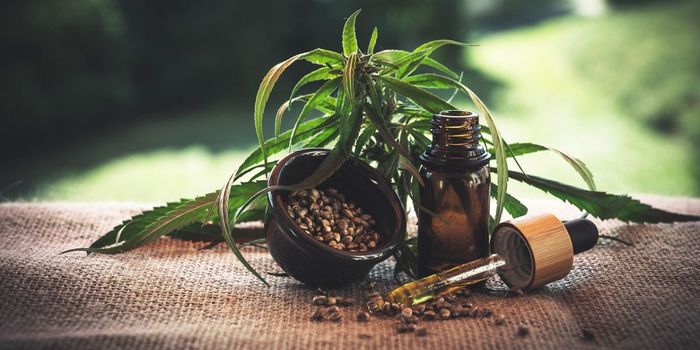Thinking of trying THC-O? Read this first

So, what’s THC-O? Without getting too deep into the details, THC-O is derived from Delta-9 (traditional) THC. THC-O is then altered and synthesized from there into its own substance, which makes it a non-natural cannabinoid.
And why is that something to be wary of? Because it means is that your body absorbs THC-O much more easily that it does Delta 9.
This matters because the alteration process makes THC-O considerably stronger than Delta-9. Some researchers say that THC-O is twice as strong as Delta-9. Others say it may even be stronger.
As a result, it’s difficult to say how safe it is to ingest THC-O is, given the potency and how little we know about it.
Furthermore, don’t try this at home: It’s not safe to make THC-O yourself in your home kitchen. The process involves extremely flammable substances which are potentially explosive, so just don’t do it.
If all of that hasn’t scared you off yet, consider that since THC-O is also very new to the market, you’re not going to find it at your local dispensary. You might be able to find it online, but the vetting process for buying cannabis products online can be shady at best. Many online cannabis companies can be very fly-by-night, lacking reliable data about the products you’re buying. It’s most likely not worth it.
Don’t expect THC-O to be the last of the lab created THC variants you hear about. And expect them to get stronger and stronger.
Sources: ACS Laboratory, Leafly, MJBizDaily, HempGrower








